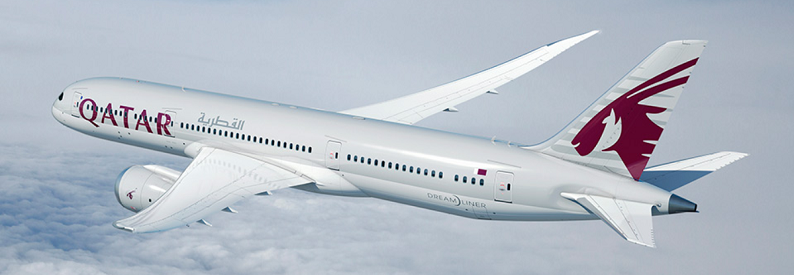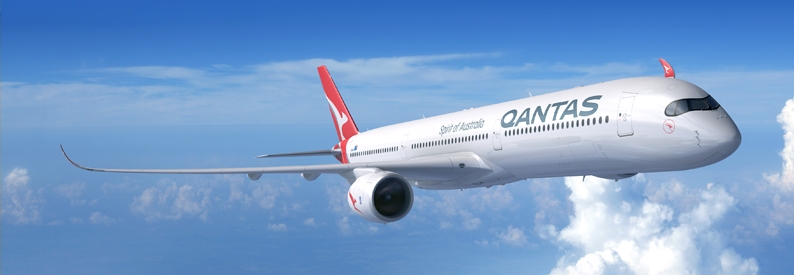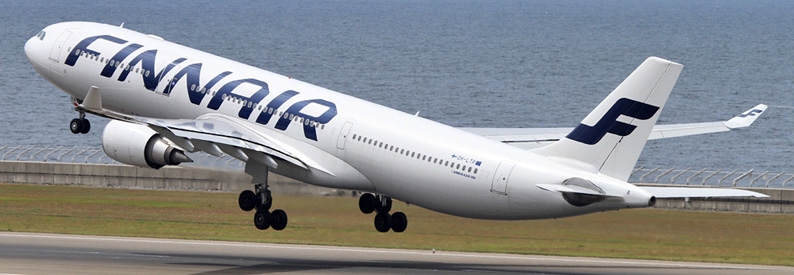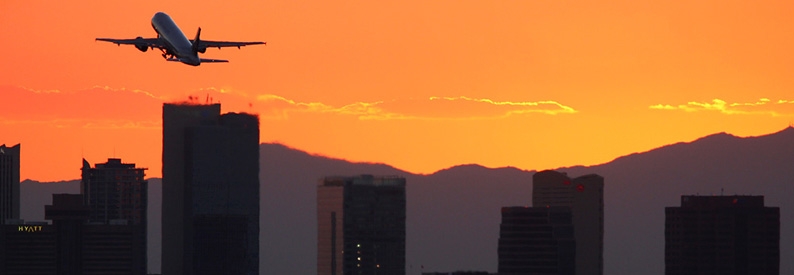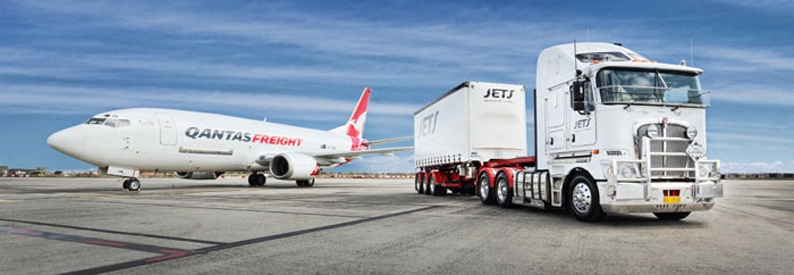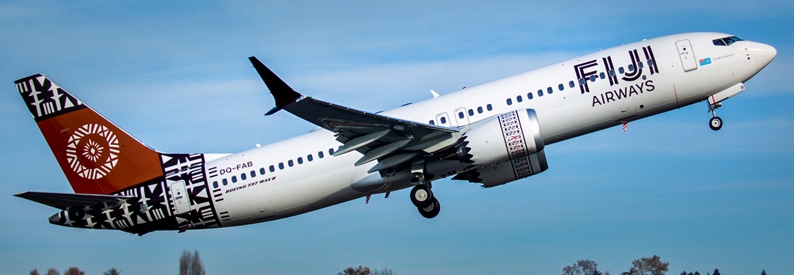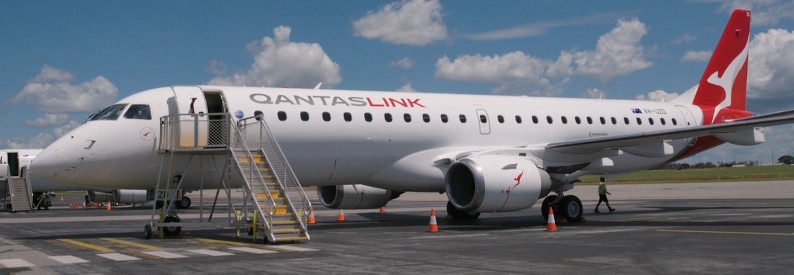Although no job losses are expected, about 2,500 Qantas and Jetstar Airways frontline employees will be temporarily stood down without pay for an estimated two months in response to ongoing COVID-19 outbreaks in Australia.
The temporary measure was needed to deal with a significant drop in flying caused by COVID-19 restrictions in Greater Sydney, in particular, and the knock-on border closures in all other states and territories, the Qantas Group said in a statement.
The decision would directly impact domestic pilots, cabin crew, and airport workers, mostly in New South Wales but also in other states given the nature of airline networks. Employees would be given two weeks’ notice before the stand-down took effect.
Pay would only continue until mid-August. Qantas said Federal Government wage subsidies would be available to those stood down outside of declared hotspots.
The Transport Worker's Union (TWU) in response slammed both the Federal Government and Qantas amid confusion over which workers would receive a wage subsidy. It said the subsidy would cover only 50% of those stood down. Ground crew such as baggage handlers and cleaners would not be included as Qantas had outsourced them.
The labour union pointed out that Qantas had received at least AUD2 billion Australian dollars (USD1.4 billion) in wage subsidies, financial support, and fee-waiving from the Federal Government. It said Qantas Group Chief Executive Officer Alan Joyce had received AUD10.74 million (USD7.9 million) in total annual earnings last year, according to a report by the Australian Council of Superannuation Investors.
“The TWU wants to see a wage subsidy extended to all aviation workers including ground workers, not just some cabin crew and pilots, and that companies must commit to retaining workers and capping executive salaries,” it said in a statement.
Joyce said the temporary stand-down was unfortunate but necessary because Qantas and Jetstar had gone from operating almost 100% of their usual domestic schedules in May to less than 40% in July because of lockdowns in three states.
“Hopefully, once other states open back up to South Australia and Victoria in the next week or so, and the current outbreak in Brisbane is brought under control, our domestic flying will come back to around 50% to 60% of normal levels. Based on current case numbers, it’s reasonable to assume that Sydney’s borders will be closed for at least another two months. We know it will take a few weeks once the outbreak is under control before other states open to New South Wales and normal travel can resume. Fortunately, we know that once borders do reopen, travel is at the top of people’s list and flying tends to come back quickly, so we can get our employees back to work,” he added.
Meanwhile, several thousand Qantas and Jetstar crew who normally flew internationally remain on paid long-term stand down as Australia’s international borders remain closed.

